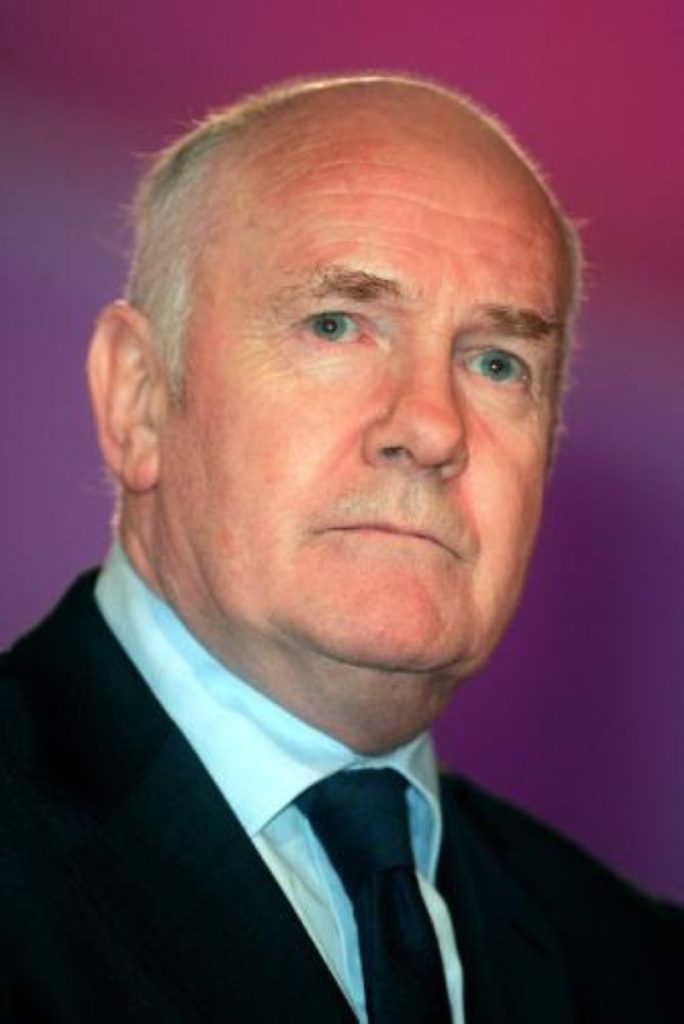Reid takes the initiative over prisoner blunders
Victims will be given a greater say in the parole board’s decision to release offenders back into the community, John Reid has announced.
The home secretary said this “rebalancing” of the system back in the favour of victims was “nothing less than the public expects”, following several high profile cases where dangerous offenders were set free to attack again.
Members of the parole board with experience of being a victim or being part of a victim support agency would be appointed to represent the wider interests of all victims of crime, but not individual victims, Mr Reid said.
It would build on the victims’ advocates scheme announced earlier this year by the attorney general, in which a lawyer or other person would be appointed to speak for the individual victim or their family in court.


“I want to go further in ensuring that victims or their representatives get a greater say about the release of offenders back into the community. Their voice must be heard more clearly,” Mr Reid told the parole board in their annual lecture.
Today’s announcement will be seen as an effort to regain the initiative following another weekend of revelations about apparent incompetence at the Home Office.
The department last night admitted that 393 prisoners had escaped from Leyhill open prison in Gloucestershire since 1999, including 22 murderers, seven rapists and five offenders with convictions for manslaughter.
The Liberal Democrats, who obtained the figures, have since revealed new statistics showing more than 13,500 prisoners have escaped, absconded or disappeared while on temporary release in the last ten years.
Home affairs spokesman Nick Clegg said the news was “another serious blow to the public’s faith in the criminal justice system”, and warned it raised major questions about the way prisoners were assessed for risk.
“Overcrowding elsewhere in the prison system can be no excuse for placing dangerous or untrustworthy prisoners in open conditions, where they may pose a threat to the public,” he said.
Speaking this afternoon, Mr Reid admitted that something had to be done to restore public confidence, saying: “The public perception is that this system is just not working on their behalf and they are losing confidence fast. We need to resolve it fast.”
Citing the murders of John Monckton and Naomi Bryant, who were both killed by ex-offenders, he said there were “no excuses for a system that allows this to happen”.
And he appealed to parole board members for their help in ensuring public protection was the “overriding priority” in deciding whether offenders should be released or not.
“You play a vital role in assessing those whom the courts have sentenced. Those serving an indeterminate sentence are released back into society only if you as individuals are absolutely satisfied that it is safe to do so,” Mr Reid said.
“Predictions of human behaviour, however scientific, can never eliminate risk. But we can and must minimise that risk through high quality risk assessment and management. That is what we need to do, consistently and confidently.”









